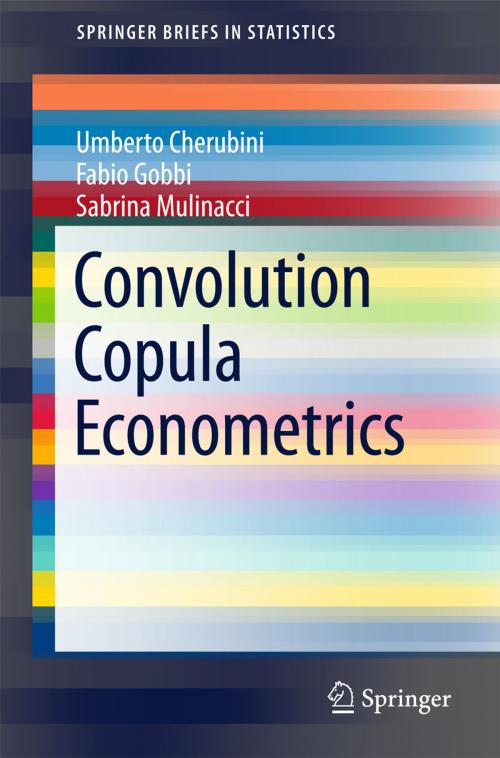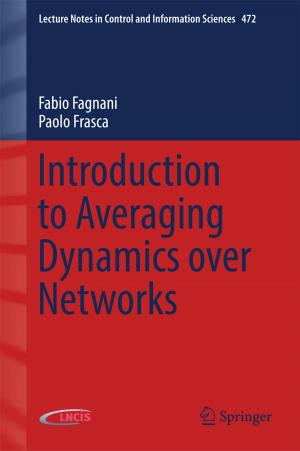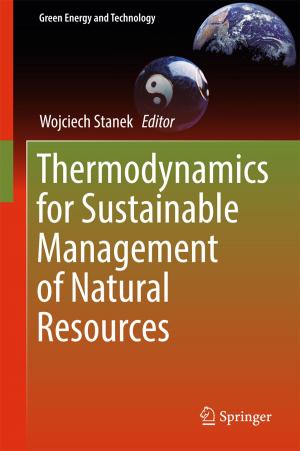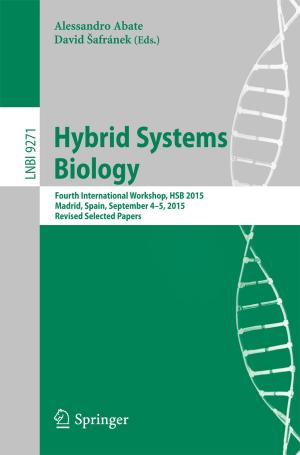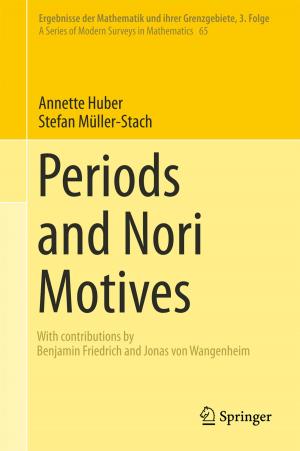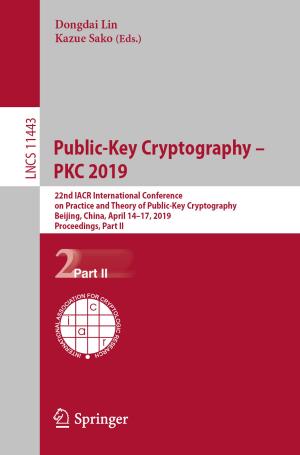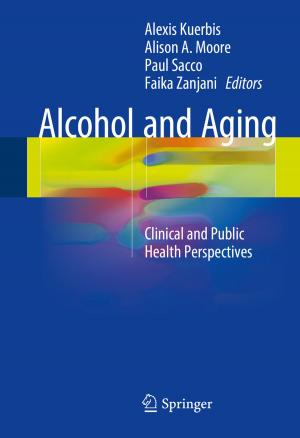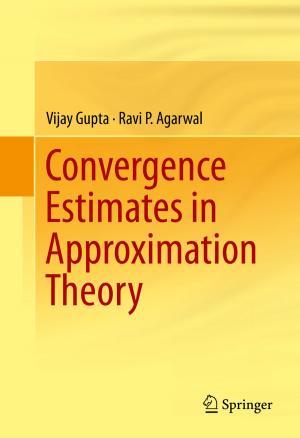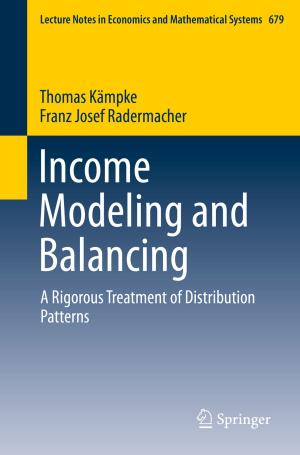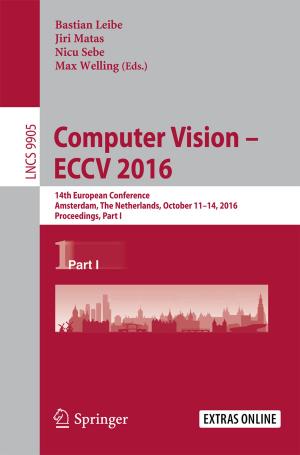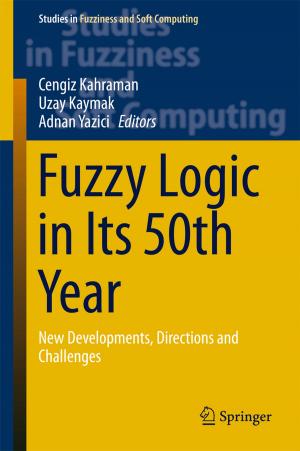Convolution Copula Econometrics
Business & Finance, Economics, Statistics, Nonfiction, Science & Nature, Mathematics| Author: | Umberto Cherubini, Fabio Gobbi, Sabrina Mulinacci | ISBN: | 9783319480152 |
| Publisher: | Springer International Publishing | Publication: | December 1, 2016 |
| Imprint: | Springer | Language: | English |
| Author: | Umberto Cherubini, Fabio Gobbi, Sabrina Mulinacci |
| ISBN: | 9783319480152 |
| Publisher: | Springer International Publishing |
| Publication: | December 1, 2016 |
| Imprint: | Springer |
| Language: | English |
This book presents a novel approach to time series econometrics, which studies the behavior of nonlinear stochastic processes. This approach allows for an arbitrary dependence structure in the increments and provides a generalization with respect to the standard linear independent increments assumption of classical time series models. The book offers a solution to the problem of a general semiparametric approach, which is given by a concept called C-convolution (convolution of dependent variables), and the corresponding theory of convolution-based copulas. Intended for econometrics and statistics scholars with a special interest in time series analysis and copula functions (or other nonparametric approaches), the book is also useful for doctoral students with a basic knowledge of copula functions wanting to learn about the latest research developments in the field.
This book presents a novel approach to time series econometrics, which studies the behavior of nonlinear stochastic processes. This approach allows for an arbitrary dependence structure in the increments and provides a generalization with respect to the standard linear independent increments assumption of classical time series models. The book offers a solution to the problem of a general semiparametric approach, which is given by a concept called C-convolution (convolution of dependent variables), and the corresponding theory of convolution-based copulas. Intended for econometrics and statistics scholars with a special interest in time series analysis and copula functions (or other nonparametric approaches), the book is also useful for doctoral students with a basic knowledge of copula functions wanting to learn about the latest research developments in the field.
